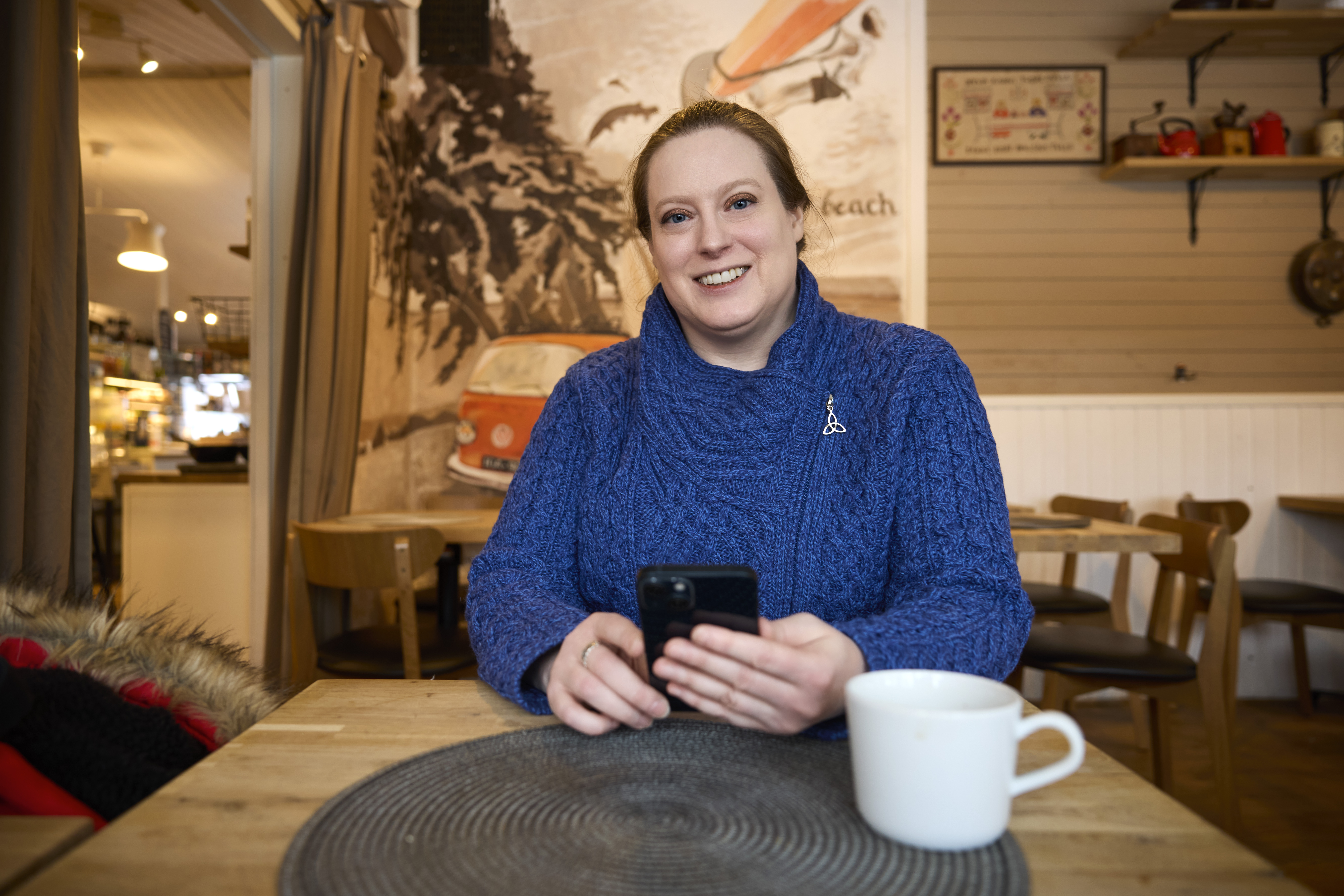It goes without saying that good language skills make many things in life easier – travel, getting to know new people and finding a good job are just a few examples.
But did you know that learning a new language is also good for your brain?
Language learning requires cognitive flexibility, concentration and problem-solving skills. You are not only stimulating your mind, but also gaining better language skills!
How learning a new language changes your brain
The earlier you start learning another language, the better. But unlike what many people believe, new brain cells continue to form even as we get older. This means that a person can learn new things at any age.
Research shows that language learning increases the size of your brain and the number of neural pathways. Just as physical exercise strengthens your muscles, the more you train your brain, the stronger and more agile it will become.
Studies indicate that people who speak multiple languages also have significantly better cognitive skills than those who speak only one language. People who speak many languages perform better in tests that measure general intelligence and problem-solving skills.
Multilingual speakers are also proven to be more observant and alert than monolingual speakers. They can focus on what is important and filter out irrelevant information. Exploring new languages and cultures also stimulates your thinking!
Remember that sleep is vital
Your brain also loves a good night’s sleep, and the habit of sleeping on what you’ve practised is a learner’s best friend.
The best way to memorise the things you’ve learned during the day is to get enough sleep the following night. While you sleep, your brain goes over and processes all the things that happened and what you did during the day. This helps activate and reinforce the new neural pathways that were created during practice.
The WordDive method also recognises the impact of sleep on learning. This means that you may learn things permanently only on your second or third day of practice.
Practising the same things for several days ensures that you will remember the things you’ve learned with WordDive and achieve a skill level that allows you to use the new language naturally and confidently.
Start exercising your brain today!
No matter what your age, you can nurture your brain with language learning: the WordDive method adapts to the learner’s individual pace, making language learning possible at any age.
How to start exercising your brain with language learning:
- Choose the language you’re interested in, whether it’s Spanish, French, English or some other language.
- Practise regularly. Even a brief daily session can have a big impact.
- Remember that sleep is vital for learning. The best way to memorise the things you’ve learned during the day is to get enough sleep the following night.










